The government aims to introduce solar irrigation in the agricultural sector as part of its efforts to reduce the number of diesel irrigation pumps. State Minister for Power and Energy and Mineral Resources, Nasrul Hamid, announced this initiative, stating that approximately 1.2 million diesel irrigation pumps nationwide would be transitioned to solar-powered systems.
In addition to addressing climate change impacts, the government targets to generate 4,000MW of electricity from renewable energy sources by 2030. Nasrul Hamid emphasized a long-term plan to increase renewable energy production to 12,000MW in the future, with a goal to derive 40% of power from clean energy by 2041 and import 9,000MW through regional cooperation.
Experts highlighted challenges such as land scarcity and investment constraints in expanding renewable energy infrastructure. Developed nations are pressuring developing countries to shift from fossil fuels to renewable energy to mitigate climate risks.
Bangladesh has achieved 100% electrification under Prime Minister Sheikh Hasina's leadership, reaching even remote areas. In light of this success, the government plans to reduce coal-fired power plants and prioritize solar power in agriculture over diesel irrigation pumps.
The government's renewable energy plan includes 51 projects targeting 3,748MW production in the short and medium term, with a significant portion from solar, wind, and waste-based power. Additionally, 74 ongoing projects aim to generate 8,299MW, primarily sourced from the private sector. Challenges remain in investment and grid modernization.
Several solar power projects are underway across the country, including in Madarganj, Sirajganj, Sonagazi, Tetulia, Dharampasha, Patgram, Gowainghat, and Sundarganj.



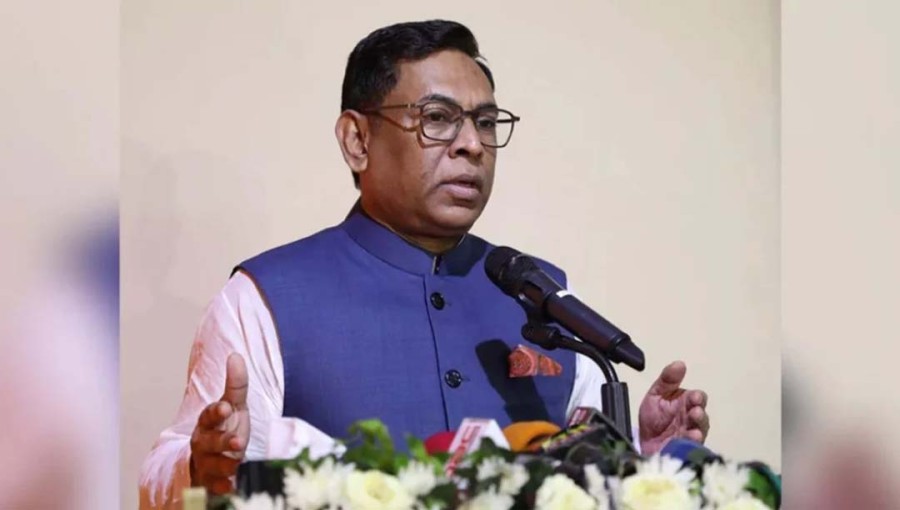

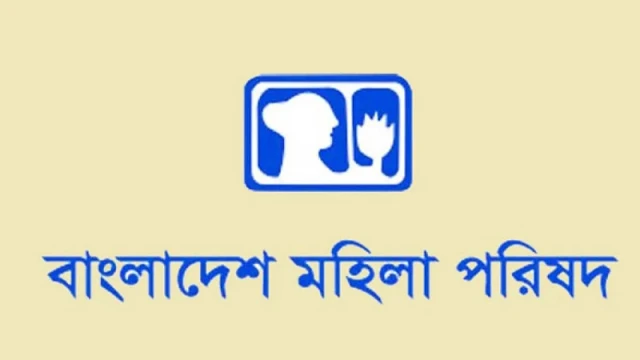

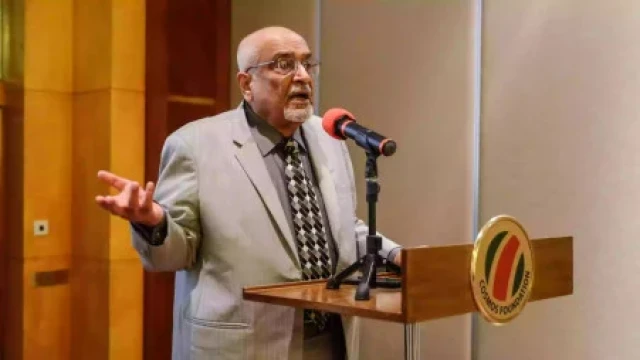
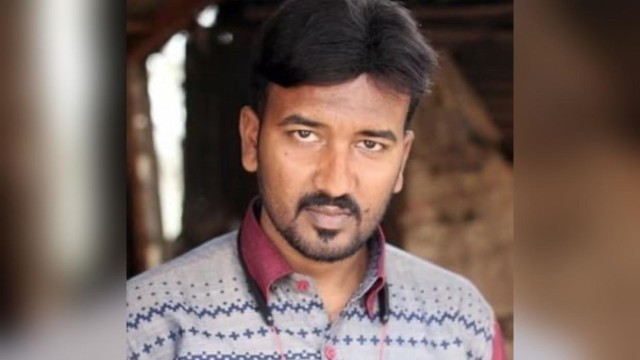
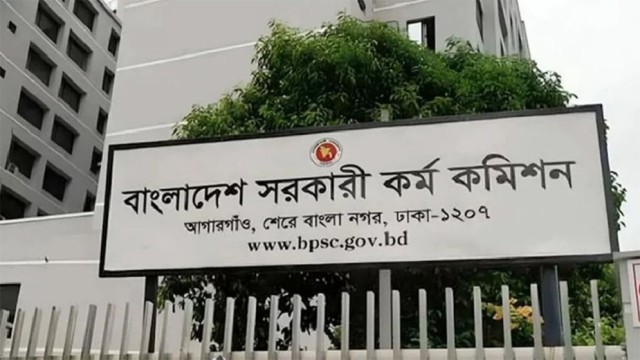

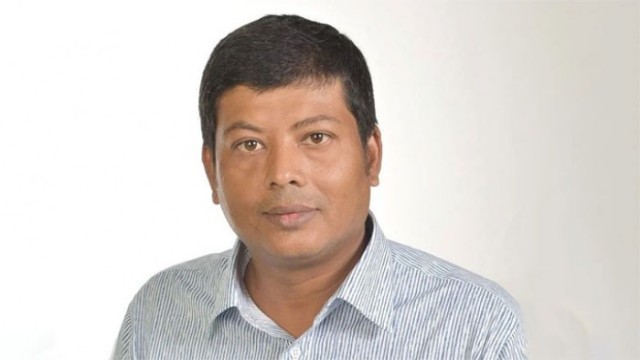
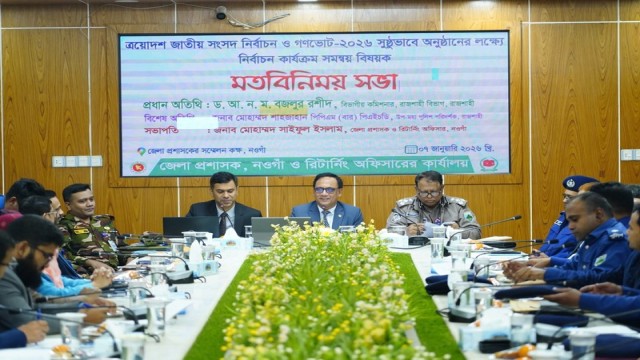

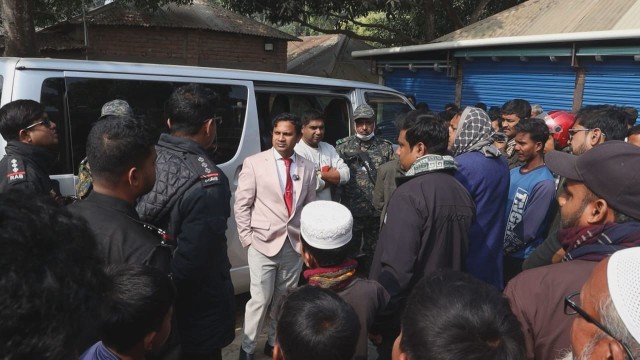
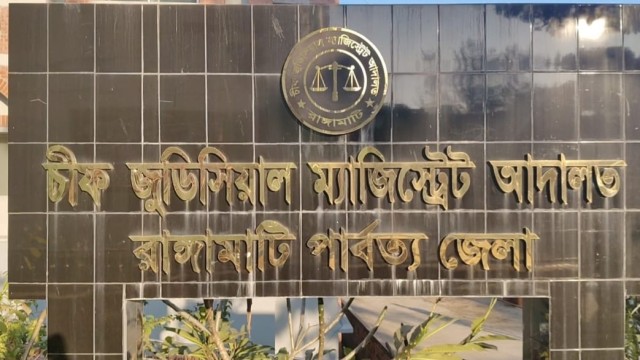
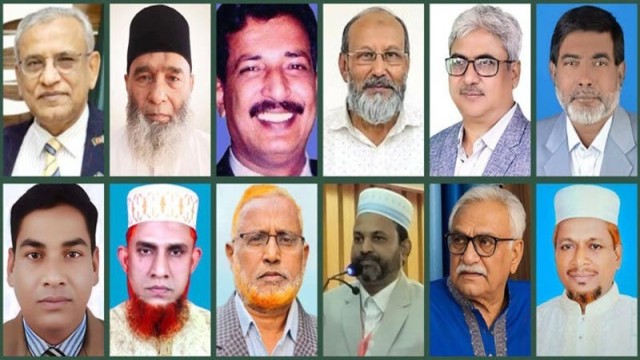
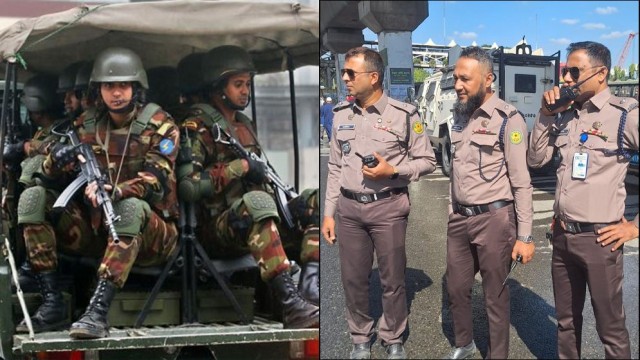
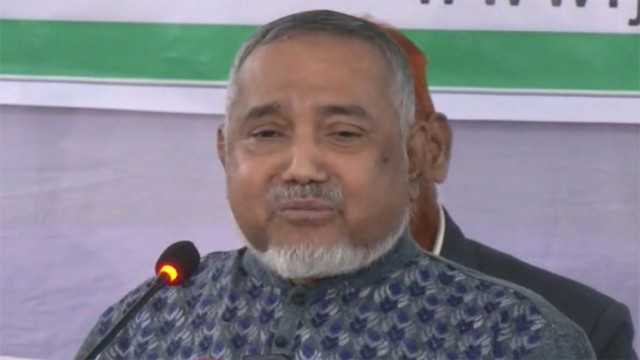


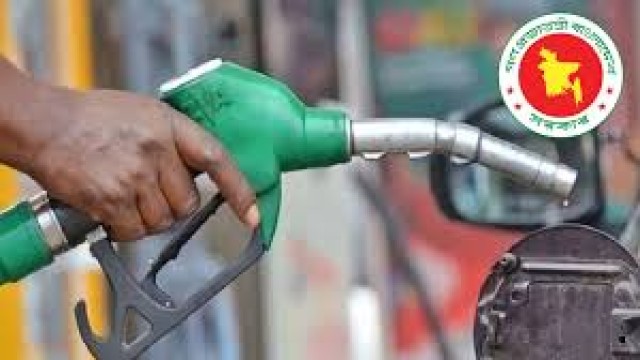
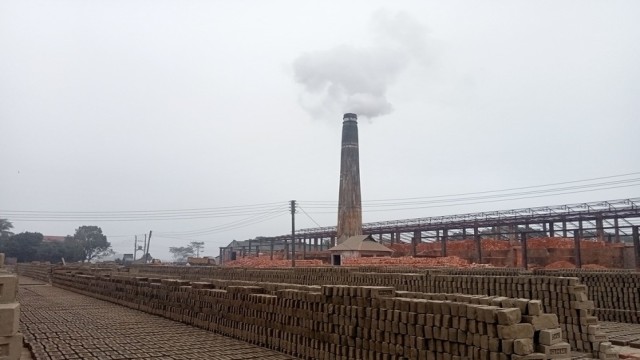
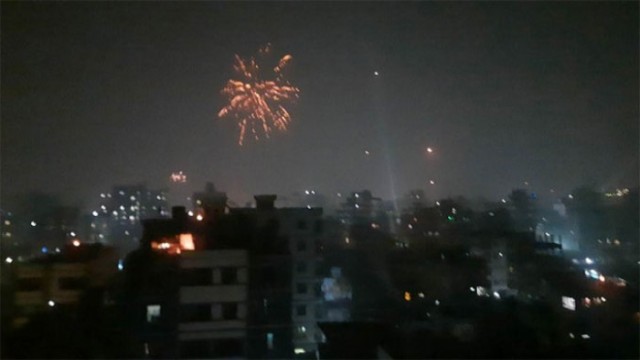
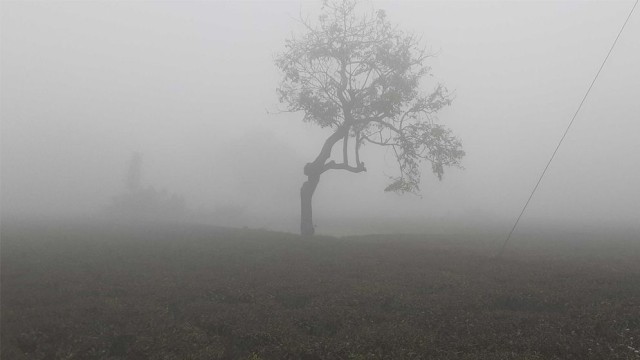

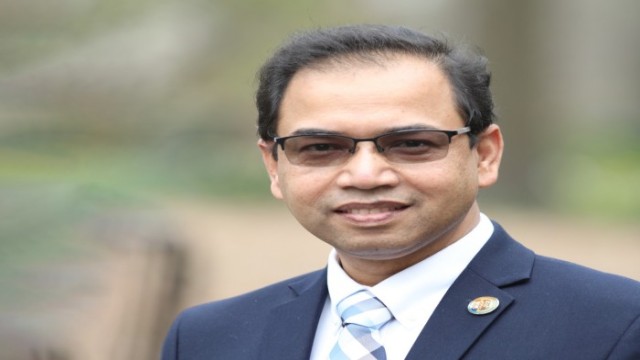

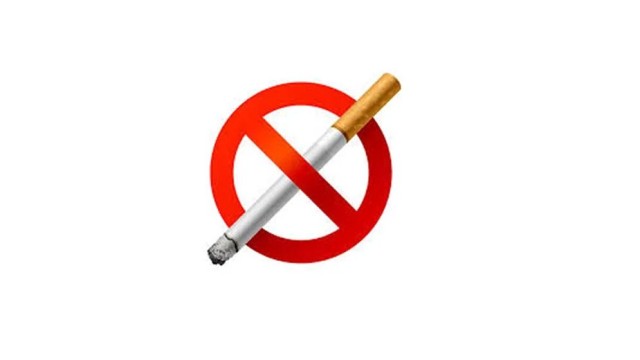
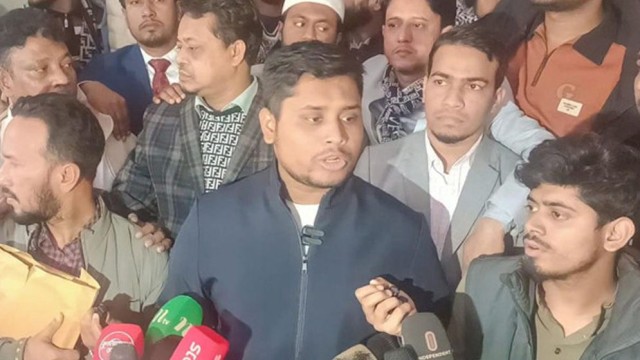
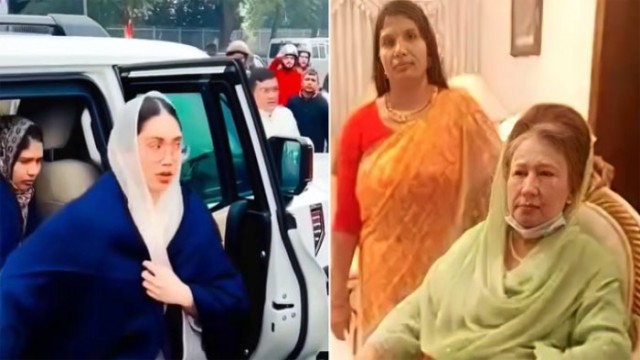
Comment: